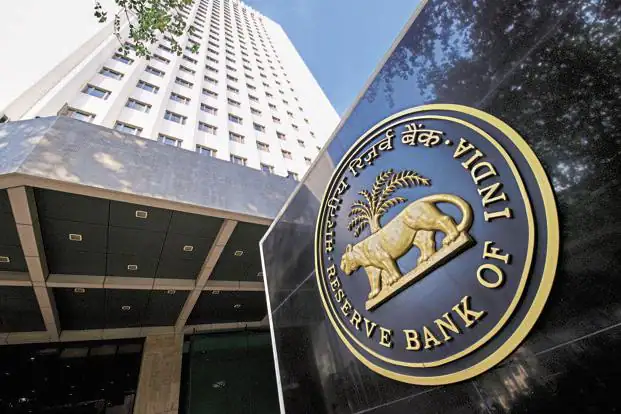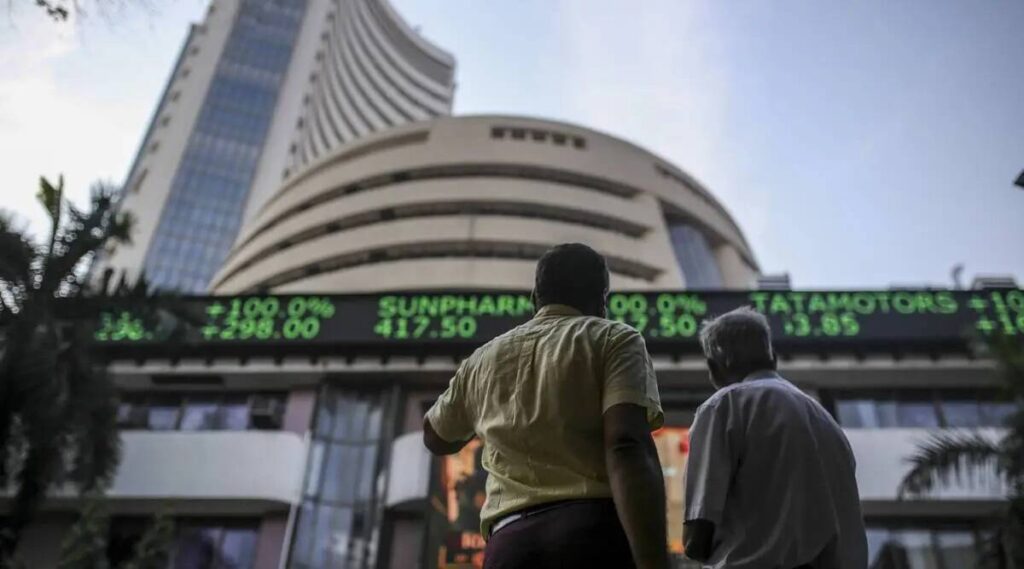Rama Krishna Sangem
Indian economy will be better in the coming months, though the global situation is not that good. This is the gist of a crucial futuristic report from the Reserve Bank of India (RBI) released June 28, Wednesday. Another encouraging thing is the gross non-performing assets of scheduled commercial banks has come down to a 10 year low of 3.9 per cent
The RBI on Wednesday, released the 27th issue of the Financial Stability Report (FSR), which reflects the collective assessment of the Sub-Committee of the Financial Stability and Development Council (FSDC) on risks to financial stability and the resilience of the Indian financial system, according to a media release from RBI Chief General Manager Yogesh Dayal..
Highlights
The global economy is facing heightened uncertainty amidst banking system fragility in certain countries, persisting geopolitical tensions and moderating but elevated inflation. Despite global headwinds, the Indian economy and the domestic financial system remain resilient, supported by strong macroeconomic fundamentals.
Continuing growth momentum, moderating inflation, narrowing current account deficit and rising foreign exchange reserves, ongoing fiscal consolidation and a robust financial system are setting the economy on a path of sustained growth.
Healthy balance sheets of banks and corporates are engendering a new credit and investment cycle and brightening the prospects of the Indian economy.
The capital to risk-weighted assets ratio (CRAR) and the common equity tier 1 (CET1) ratio of scheduled commercial banks (SCBs) rose to historical highs of 17.1 per cent and 13.9 per cent, respectively, in March 2023.
SCBs’ gross non-performing assets (GNPA) ratio continued its downtrend and fell to a 10-year low of 3.9 per cent in March 2023 and the net non-performing assets (NNPA) ratio declined to 1.0 per cent.
Macro stress tests for credit risk reveal that SCBs would be able to comply with the minimum capital requirements even under severe stress scenarios. The system-level capital to risk-weighted assets ratio (CRAR) in March 2024, under baseline, medium and severe stress scenarios, is projected at 16.1 per cent, 14.7 per cent and 13.3 per cent, respectively, said Yogsh Dayal.


